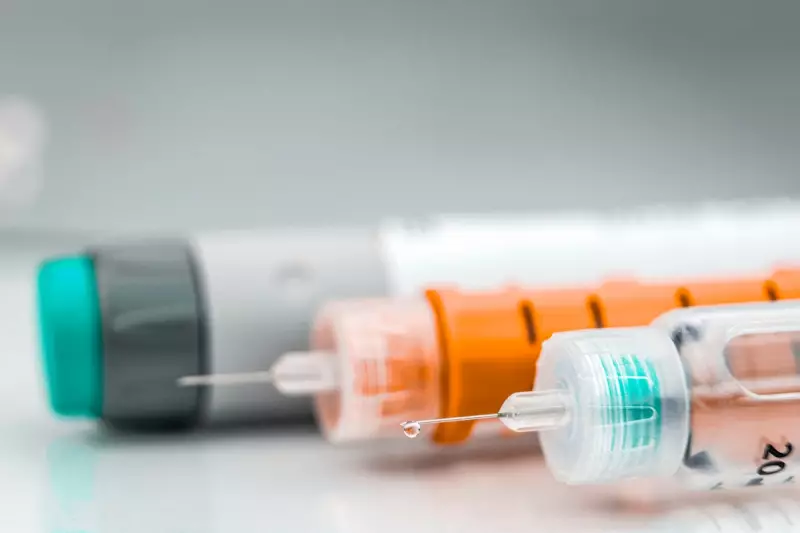
In a transformative move against Britain's diabetes crisis, the NHS is deploying powerful weight-loss injections as frontline weapons to combat Type 2 diabetes. This radical approach follows groundbreaking guidance from the National Institute for Health and Care Excellence (NICE), signalling one of the most significant treatment shifts in decades.
Game-Changing Medications Enter Mainstream Treatment
Diabetes specialists are heralding a new era as medications containing semaglutide—the active ingredient in weight-loss sensation Wegovy and diabetes drug Ozempic—receive formal approval for widespread NHS use. These aren't mere appetite suppressants; they're sophisticated treatments that mimic gut hormones to regulate blood sugar and promote weight loss simultaneously.
Professor Partha Kar, NHS England's national specialty advisor for diabetes, describes the development as "a massive step forward" in the nation's fight against metabolic disease. "This isn't just about weight loss—it's about fundamentally altering disease progression," he emphasises.
How the Treatment Revolution Works
The new protocol targets adults struggling with both Type 2 diabetes and weight management issues. Patients may be prescribed these injections when traditional methods fail to control blood sugar levels effectively.
The treatment breakthrough operates through three key mechanisms:
- Significantly reducing appetite and calorie intake
- Improving the body's insulin sensitivity
- Promoting sustainable weight loss of over 10% body weight
Beyond Weight Loss: Achieving Diabetes Remission
The ultimate goal transcends mere weight management. Medical professionals are witnessing something unprecedented: diabetes remission. When patients lose substantial weight—particularly early in their diagnosis—they can effectively reverse their condition, maintaining normal blood sugar levels without medication.
NICE recommends these treatments specifically for adults with a Body Mass Index (BMI) over 35, but even those with lower BMIs may qualify if weight exacerbates other health conditions. The guidance particularly highlights benefits for people from Asian, Chinese, and other ethnic backgrounds, who may develop Type 2 diabetes at lower weight thresholds.
A Nationwide Health Transformation
This isn't merely a pharmaceutical development—it's a public health strategy. With approximately 4.3 million people living with diabetes in Britain (90% with Type 2) and NHS spending £10 billion annually on diabetes care, these injections could alleviate tremendous pressure on healthcare services while transforming lives.
As the NHS rolls out this innovative approach, it represents more than just new medication—it's a fundamental reimagining of how we combat one of Britain's most pressing health challenges, offering hope where traditional methods have fallen short.





